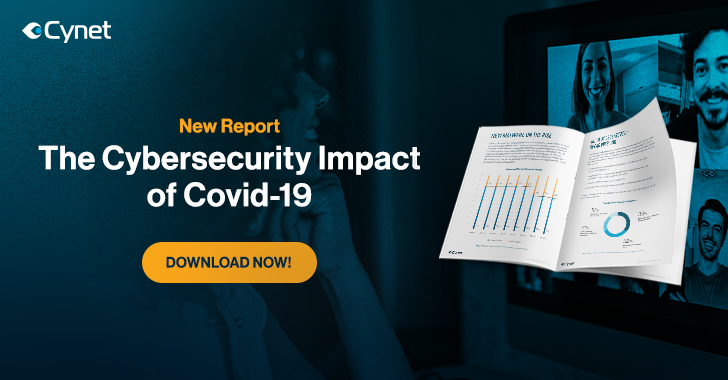Security News

It further highlighted resiliency as one of the key objectives of security programs to help businesses maintain productivity and drive competitive advantage. We now know how much is possible when we think of security within the context of enabling the business.

All 100 apps were analyzed using an array of static application security testing and dynamic application security testing techniques based on the OWASP mobile app security guidelines. The vast majority of medical apps have mishandled and/or weak encryption that puts them at risk for data exposure and IP theft.

Importantly many foods are frozen using what some call a "Flash freezing" process where the water crystalises rather differently. "Flash freezing is used in the food industry to quickly freeze perishable food items. In this case, food items are subjected to temperatures well below water's melting/freezing point. Thus, smaller ice crystals are formed, causing less damage to cell membranes."

Texts were received by unsuspecting members of the public between 29 February and 30 April, said the UK Information Commissioner's Office. The texts promoted Zoono-branded hand cleaning products that purported to be "Effective against coronavirus," said the ICO. Reg readers will remember that silly members of the public bulk-bought certain products, including toilet paper and hand sanitisers as the spread of the potentially deadly virus made its way across Europe.

As companies begin to recover and prepare for the post-pandemic world, experts spoke to TechRepublic about what organizations are doing to maximize IT spend on a restricted budget. "The technology spend today is getting more focused, more concentrated and brought to higher level executives. Integrating IT into the flow of business has been a byproduct of the COVID pandemic."

While the COVID-19 outbreak has disrupted the lives and operations of many people and organizations, the pandemic failed to interrupt onslaught of malicious emails targeting people's inboxes, according to an attack landscape update published by F-Secure. Increase of malicious emails utilizing COVID-19 issues.

Cynet's report shares several interesting data points and findings, such as the cyberattack volume change observed in various industry sectors, the increased use of spearphishing as an initial attack vector, and the approaches being used to distribute malware in spearphishing attacks. While many have anecdotally suggested ways in which COVID-19 related cyberattacks would unfold, we have little data supporting the actual impact of COVID-19 on cybersecurity.

Cybersecurity company Cynet has released a report detailing changes in cyberattacks they've observed across North America and Europe since the beginning of the COVID-19 pandemic. The report shares the cyberattack volume change observed across industry sectors, the increased use of spear phishing as an initial attack vector, and the approaches being used to distribute malware in spear phishing attacks.

The report states that the percentage of attacks using new techniques has historically been around 20%. That is, 80% of attacks have used well-known techniques that are easily identified, assuming companies have updated preventative measures in place. Since the Covid-19 pandemic, Cynet found that new attacks jumped to roughly 35% of all attacks.

A pair of healthcare-related data breaches at high-profile government agencies has impacted tens of thousands of people. "Because this is just one of multiple breaches effecting veteran data, the VA needs to ensure they are taking every security step necessary to not only protect financial data, but also the sensitive personal and healthcare data for the veterans it serves."